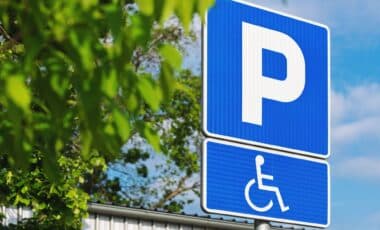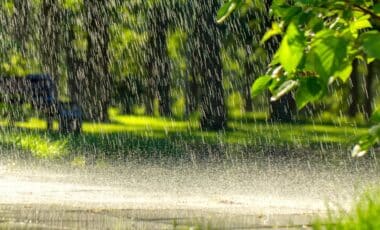Grocery inflation in the UK has surged to 4.7% in the four weeks leading up to June 15, marking its highest level since March 2024, according to data from market researcher Kantar.
This increase signals a continued strain on household budgets, especially for those already grappling with the pressures of rising living costs. As inflation accelerates, the effects are being felt across essential products like chocolate, butter, and meat, which have seen notable price hikes.
The latest report underscores a growing concern for consumers, with grocery prices rising sharply in the face of ongoing economic pressures. While the broader grocery market has seen an uptick in sales, the figures also reveal a significant decrease in the volume of goods sold, indicating that inflation is forcing consumers to purchase less.
Impact on Low-Income Households
According to Kantar, the rise in grocery prices has hit low-income households the hardest, with those in the lowest-earning 40% now experiencing less disposable income than in 2021. This trend comes despite the overall increase in real disposable income in the UK, showing the disproportionate burden faced by those with limited financial flexibility.
Fraser McKevitt, head of retail and consumer insight at Kantar, noted that shoppers have increasingly turned to own-label products, which saw a 4.2% growth in sales this month, surpassing branded lines as people sought to balance their budgets.
Retailers’ Performance Amid Rising Inflation
The grocery market has experienced mixed results among the leading retailers. Tesco, Sainsbury’s, Lidl, and Ocado have emerged as the standout performers in the 12-week period ending June 15, with year-on-year sales gains of 7.0%, 5.7%, 11.2%, and 12.2%, respectively.
These retailers have benefitted from increased consumer demand, in part due to the warmer weather, as Kantar reported a 4.1% year-on-year growth in grocery sales by value. On the other hand, Asda, the third-largest player in the UK grocery sector, saw a decline in sales by 1.7%, although the retailer’s performance is showing signs of improvement.
This mixed performance across the major players reflects the complex dynamics in the UK grocery sector, where inflation continues to impact consumer behaviour, forcing companies to adapt to shifting demands and cost pressures.
The current inflation rate is projected to remain a concern throughout the year, with food inflation potentially reaching 5%, according to industry forecasts.









